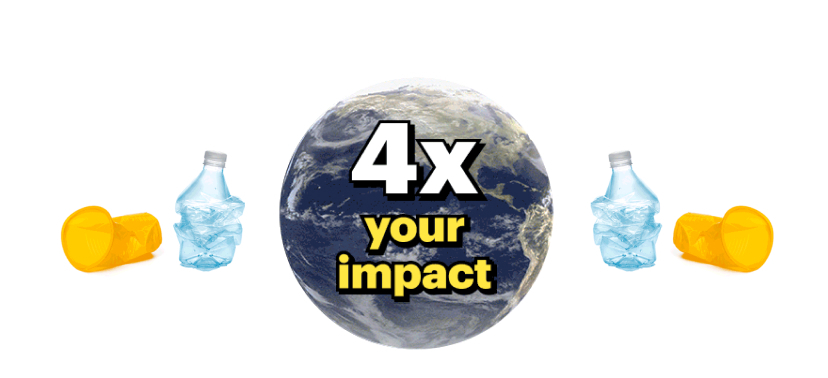
Time to face it —~it’s people or plastics.~We can’t have both.
Become a plastic pollution fighter this Earth~ Day and have your gift MATCHED $3-to-$1!
Learn about the people who lead our fight to protect our food, water, and climate.

Founder & Executive Director
Wenonah Hauter is the founder and executive director of Food & Water Watch and Food & Water Action Fund. Wenonah has three decades of experience campaigning and writing on food, water, energy and environmental issues. She has trained and mentored hundreds of organizers and activists across the country and worked at the national, state and local levels to develop policy positions and legislative and field strategies to secure real wins for communities and the environment.
Wenonah holds an M.S. degree in Applied Anthropology from the University of Maryland and a Bachelor of Science in Sociology from James Madison University.
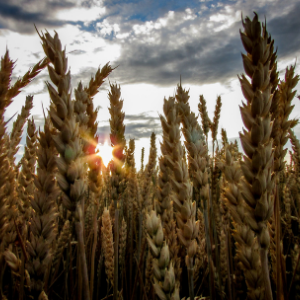
Mary is an activist especially interested in local economic and other community-based issues. She is a professional writer and editor. In the past she has worked as a news writer and as a software engineer. Mary has worked as an editor on many books and magazines, including five titles in the Re/Search series. As a software engineer, she released seven video games, two children‚ educational titles, and ten business applications.
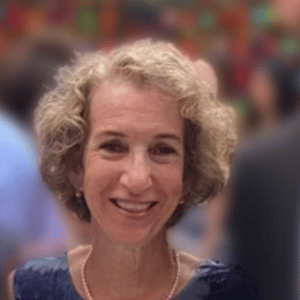
Daniele Gerard is a senior staff attorney at Children’s Rights, a national advocacy organization that holds government systems accountable for protecting kids and keeping families together. She received a B.A. from Johns Hopkins University and a J.D. from Columbia University School of Law. A former litigation associate at Cravath, Swaine & Moore and Staff Attorney at North Carolina Prisoner Legal Services, she was also a member of the development staff at Food & Water Watch for three years.
Outside her work with CR, Daniele currently serves as an officer of Three Parks Independent Democrats, and as a board member of the Voter Assistance Advisory Committee of the New York City Campaign Finance Board.

Elyzabeth Peredo Beltrán is a social psychologist, writer and activist on water and human rights issues. Elyzabeth was the co-founder of TAHIPAMU, a women's history research workshop during the 1980s, which produced women in history research and feminist writing. She is the author of several books, articles and video scripts about social, economic and cultural rights related to water, women, racism and environmental crises.
Between 1999 and 2003, Elyzabeth was the Coordinator of the National Committee for the Solidarity with Domestic Workers in Bolivia. She belongs to the Women’s Net for Transforming the Economy in Latin America (REMTE). Since 2006, she has promoted and coordinated the “Blue October” campaign in Bolivia, a large annual social mobilization for the right to water as a common good. Elyzabeth lives in La Paz, Bolivia and currently is the Executive Director of the Solon Foundation.
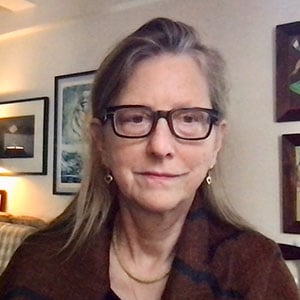
Lisa Schubert has spent most of her career either directing, developing, or coordinating projects. She recently stepped down as VP, Cathedral Programming & External Relations at the Cathedral of St John the Divine (2008 – 2023) in New York, where she was charged with creating an institutional framework for funding, staffing, and implementing a multi-disciplinary arts program and an ongoing menu of events and projects of civic engagement in the humanities.
Prior to joining the Cathedral, Lisa worked for the Rubin Museum of Art, which she joined as the first staff member at the inception in 1998. She worked closely with the founders to refine and develop the original concept and put together the “start-up” team. Her career has involved most aspects of cultural administration including policy, strategic planning, public education, programming, operations, administration, communications, and development.
Lisa also serves on the boards of The Tibetan Buddhist Resource Center, committed to preserving and disseminating Buddhist literature; and the Early Music Foundation, which fosters public understanding and appreciation of western culture through historically-informed performances of music from the 11th through the 18th centuries.
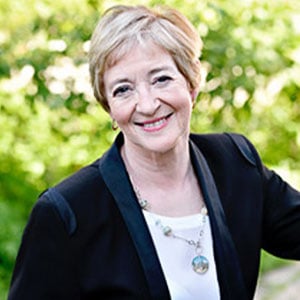
Maude Barlow is a Canadian activist and author. She chairs the board of Washington-based Food and Water Watch and Ottawa-based Blue Planet Project. Maude co-founded the Council of Canadians and chaired its board for over three decades. She serves on the Board of Advisors of the Global Alliance for the Rights of Nature and is a Councillor with the Hamburg-based World Future Council. Maude is the Chancellor of Brescia University College in London Ontario.
Maude is the recipient of fourteen honorary doctorates as well as many awards, including the 2005 Right Livelihood Award (known as the “Alternative Nobel”), the 2005 Lannan Foundation Cultural Freedom Fellowship Award, the Citation of Lifetime Achievement at the 2008 Canadian Environment Awards, the 2009 Earth Day Canada Outstanding Environmental Achievement Award, the 2009 Planet in Focus Eco Hero Award, and the 2011 EarthCare Award, the highest international honour of the Sierra Club (US).
In 2008/2009, she served as Senior Advisor on Water to the 63rd President of the United Nations General Assembly and was a leader in the campaign to have water recognized as a human right by the UN. She is also the author of dozens of reports, as well as 19 books, including her latest, Boiling Point: Government Neglect, Corporate Abuse and Canada’s Water Crisis; and Whose Water is it Anyway? Taking Water Protection Into Public Hands.
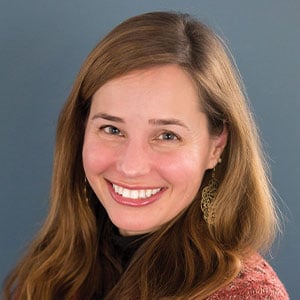
Michele has been an environmental lawyer for over two decades. Most recently, Michele was the Managing Director of Advocacy for Food & Water Action (FWA) and Food & Water Watch (FWW), and was the founder of Food & Water Justice, the legal arm of FWW. In her managing director role, Michele helped FWW meet its climate, food and water justice goals by overseeing the legal, research, policy and electoral teams. Prior to joining FWW, Michele worked as an attorney for a number of non-profits and served as an attorney in the Enforcement Division of the United States Environmental Protection Agency where she developed and brought actions for violations of federal environmental laws. Currently, Michele is pursuing a Masters in Acupuncture degree from the Maryland University of Integrative Health.
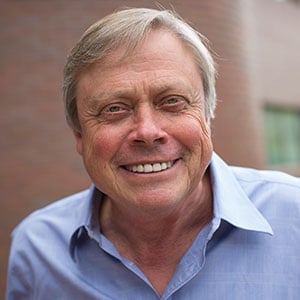
Robert Howarth is an Earth systems scientist and ecosystem biologist. He earned a BA from Amherst College (1974) and a Ph.D. jointly from MIT and the Woods Hole Oceanographic Institution (1979). After several years as a staff scientist in Woods Hole, Howarth joined the faculty at Cornell University in 1985 and was appointed the David R. Atkinson Professor of Ecology & Environmental Biology in 1993. Howarth is the Founding Editor of the scholarly journal Biogeochemistry and served as Editor-in-Chief for more than 20 years. Since 2014, he has been the Editor-in-Chief of the journal Limnology & Oceanography. He was recently appointed to New York state's Climate Action Council.
Howarth has published over 200 scientific papers, reports, and book chapters. His most recent book is the 4th edition of the text Essentials of Ecology (Begon, Howarth, and Townsend, 2014).
Howarth’s research interests include: application of science to sustaining the biosphere; biogeochemistry and aquatic ecosystem science; global and regional nitrogen and phosphorus cycles; global methane cycle; environmental consequences of biofuels; role of trace gases in global warming and climate disruption; life-cycle analysis for greenhouse-gas footprint of energy technologies; influence of land-use, management practices, and climate change on nutrient fluxes from the landscape; atmospheric deposition of nitrogen onto the landscape; controls and consequences of eutrophication in estuaries; biotic, physical, and geochemical controls on nitrogen fixation; environmental management and the effects of pollutants on aquatic ecosystems.
In 2011, Howarth published the first comprehensive analysis of the greenhouse gas footprint of shale gas in Climatic Change Letters and an invited commentary on shale gas in Nature. This work was cited in over 1,500 newspapers globally, winning Howarth an honorable mention as one of “50 People who Matter” in the annual Time Magazine Person of the Year issue for 2011.
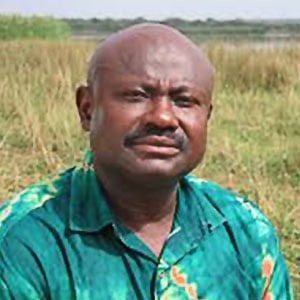
Rudolf is a prominent lawyer and civil society figure in Ghana, and is the Executive Director of GrassRootsAfrica. He previously worked for the Integrated Social Development Center (ISODEC) as the Director of Advocacy and Campaigns. The program was established as a response to the impact of International Monetary Fund and World Bank polices with the poor and disadvantaged in Ghana. As an active student leader during the repressive Rawlings regime, Rudolf fought to restore democracy. He was jailed without prosecution several times during Rawlings' rule in the 1980s for voicing the concerns of Ghanaian citizens.
The Integrated Social Development Centre works closely with the National Coalition Against the Privatization of Water, where Rudolf serves as the National Campaign Coordinator for the Coalition. The coalition is a broad consortium of organizations including health professionals, academia, trade unions, students, and disabled and women’s groups. They have been instrumental in raising public awareness about the water policies set by the World Bank. World Bank involvement led to a 95 percent increase in water rates in 2001 in Ghana. Rudolf fears privatization will reduce access to clean and affordable water. The Integrated Social Development Centre works to inform players in both government and civil society of the consequences of a globalized economy.
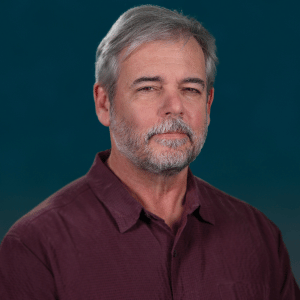
Shawn is the director of the Johns Hopkins Center for a Livable Future, an interdisciplinary academic center at the Bloomberg School of Public Health. With a diverse portfolio of research, education, and practice activities the Center addresses some of the most pressing issues in food systems affecting public health and the environment. Shawn has extensive experience in the development of public health programs and previously served in several leadership capacities at the Center.
He joined the Bloomberg School in 1999 as a program officer, and in 2006 joined the faculty in the Department of Environmental Health and Engineering. His public health career began in the field with UNICEF, where he managed projects supporting United Nations programs in Central and Southeast Asia. Shawn holds a Bachelor of Science degree from Cornell University and a Master of Public Health from the Gillings School of Public Health at the University of North Carolina at Chapel Hill.
Published Feb 17, 2021